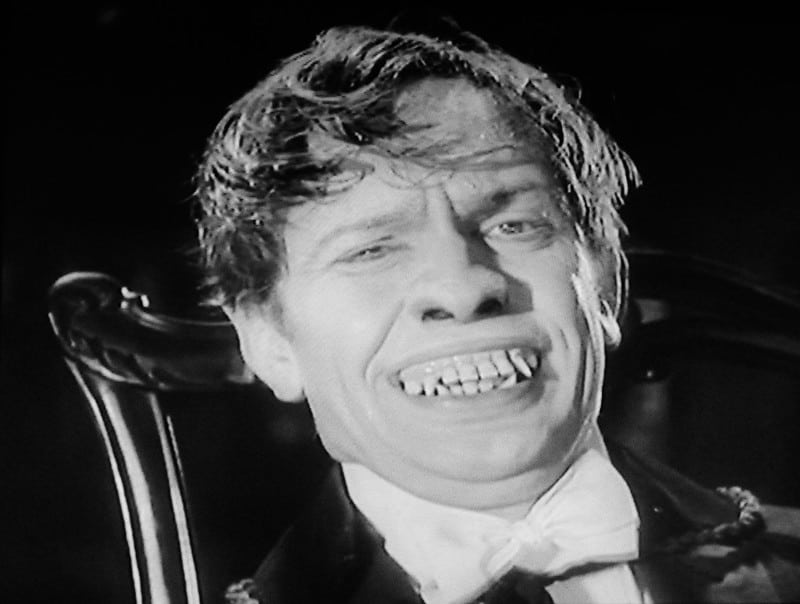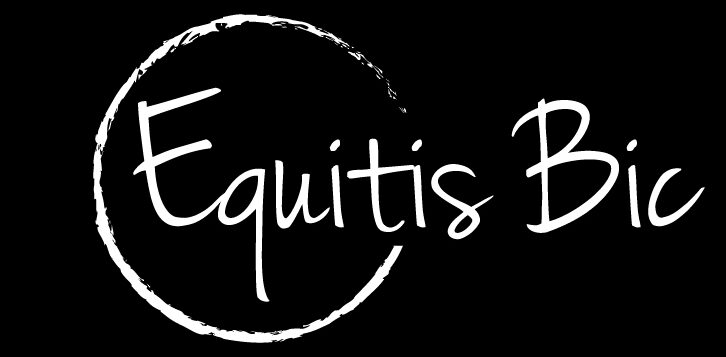A Strange Case

I stumbled upon a radio program recently where the host was talking about dreams. I, of course, had to stop and listen. He was talking about Robert Lewis Stevenson, author of Treasure Island, had spent a lot of time thinking about dreams. Those thoughts eventually made it to an essay entitled “A Chapter on Dreams”.
In this essay, Stevenson discusses his view on dreams, in which, dreams take place in the theater of the mind where the ‘little people’ are the substantive inventors and performers. I found it fascinating that the author equated the act of dreaming with the act of creating, and how he marveled at the fact that, with all his expertise in storytelling and plot development, he couldn’t predict what came next in the dream.
Case in point: Stevenson had been racking his brain for a couple days trying to come up with a story about “a man’s double being which must at times come in upon and overwhelm the mind of every thinking creature.” After the second long day of searching for a plot, he went to bed and had a dream about a man at a window, a man being pursued by a crime, and the same man taking a potion and undergoing a change. The author developed these dream scenes into what became one of his most famous novels The Strange Case of Dr. Jekyll and Mr. Hyde. The seeds of the plot came to him in a dream, but he had to develop the seeds into a complete story in his waking life. In other words, the author wasn’t given the story word for word.
This got me thinking. People have their unique ways of expressing the inner workings of a dream, but everything boils back down to the same principles. Those scenes in Robert Lewis Stevenson’s dream seems like an answer to the question he was asking in the preceding days. I know of so many instances where people of all walks of life are faced with dilemmas that they don’t know how to solve. They continually ask a question in their waking lives and BOOM! an answer shows up in a dream they have. In all I’ve learned about dreams the last few years, I’ve developed my own unique way of looking at dream situations, and Stevenson’s example looks like a gift to me.
With everything like this that happens by “accident”, can you imagine what might happen once you become intentional about your dreams? Ask and you shall receive.
Dreams have lots of intriguing qualities for me, and that intrigue propels me from dream to dream to dream in search for a solution to the dream’s mystery. As a writer myself, I can say that more than a few writing ideas have unfolded in the theater of my mind. I would encourage you, dear dreamer, to consider the possibilities of how your dreams can assist you in your career whatever that may be.
EB

One Response
Loved it!